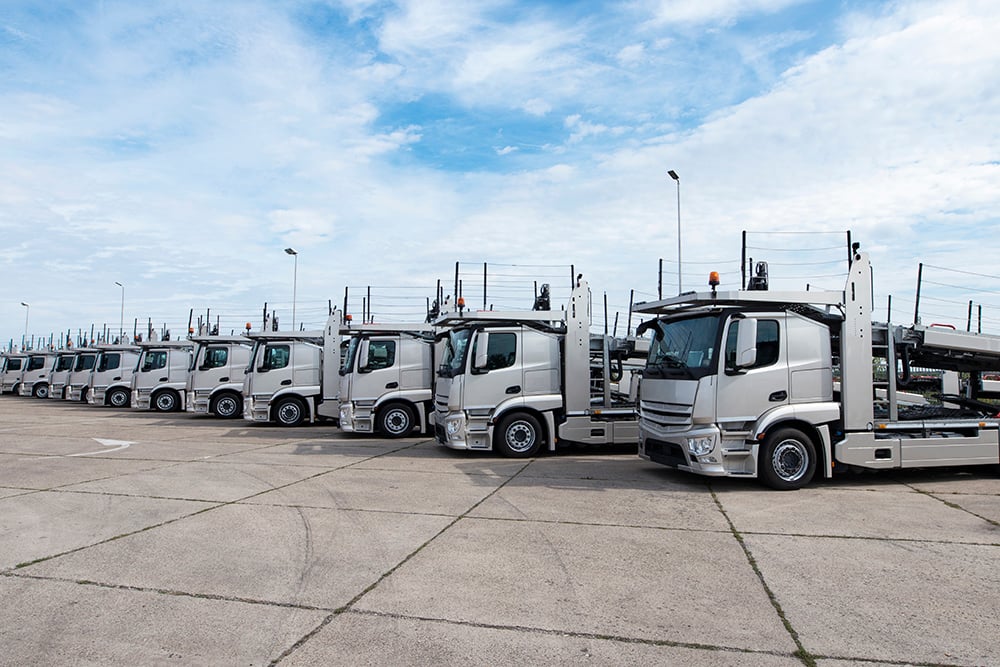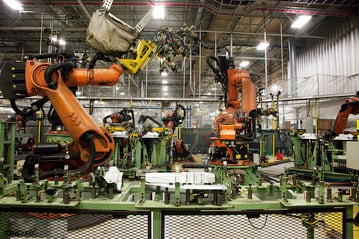
Equipment appraisals rely on having accurate asset data; however, there will be situations where an appraiser must work with incomplete or uncertain information. In such cases, extraordinary assumptions can be used to move the process forward. Understanding when and how to use and disclose them is vital to producing a credible report, compliant with the Uniform Standards of Professional Appraisal Practice (USPAP).
According to USPAP, an extraordinary assumption is defined as “an assumption, directly related to a specific assignment, which, if found to be false, could alter the appraiser’s opinions or conclusions.” These assumptions are typically declared when they are needed to fill in certain gaps in asset data that are unknown or undocumented.
For example: The appraiser is unable to inspect certain machinery, and the client cannot provide sufficient specifications such as model numbers, years of manufacture, hours, or mileage. Disclosing an extraordinary assumption allows the appraiser to proceed based on what is believed to be true.
Another scenario would be if the equipment is decommissioned or in storage, the appraiser may need to assume it is still in normal operating condition to estimate value based on comparable functioning assets.
Using extraordinary assumptions helps the appraiser complete an assignment under real-world limitations. Properly applied, these assumptions will maintain transparency, alert the reader to potential limitations in the opinion of value, and ensure the appraisal complies with USPAP standards.
An accredited valuation expert with extensive experience in the valuation industry and who is familiar with many different types of machinery and equipment can often rely upon past assignments and sound judgement to reasonably make these types of assumptions. It is important to obtain as much historical background perspective as possible from the owner or operator of the assets to develop a comfort level that the assumptions being made are logical.
In summary, extraordinary assumptions are a practical tool in equipment appraisal, but they must be used with care and professional judgment. When information is uncertain or unobtainable, these assumptions allow the appraisal to continue, provided it is made clear what is being assumed and why. Ultimately, it is about balancing practicality with responsibility.





